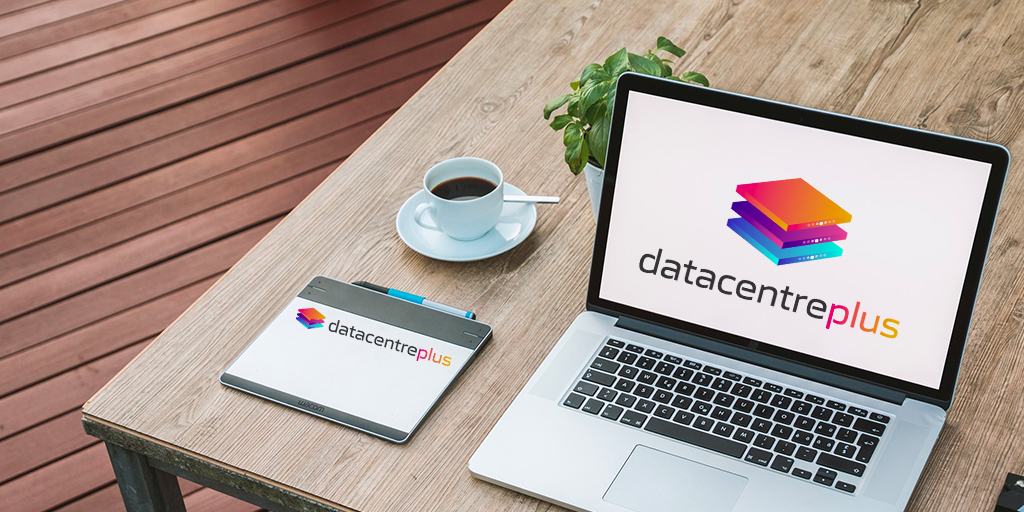As restrictions across the UK start to ease and talk of our ‘new normal’ begins, there has been much discussion around returning to the workplace and just how much things have changed when it comes to technology and how we use it day to day to communicate and work with colleagues after over a year of mainly working from home.
So what exactly has changed? Predicting the future of work is always tricky, workplace design used to be all about the office environment but new working patterns mean organisations will need flexible spaces focussed on collaboration and team-building.
The way we communicate has changed forever
Losing the ability to go into the office for work or travel has meant that organisations have had to embrace technology, software and digital tools to carry out virtual meetings, conferences, networking and events. An increase in the use of mobile video apps (such as Zoom and Microsoft Teams) is likely to continue as app development becomes more sophisticated and technology continues to evolve. The ability to connect with anyone, at any time, from anywhere is key to being able to do more.
A shift to permanent remote working
Working from home has been on the rise for years, but in light of the recent pandemic, it’s become a necessity. In fact, many organisations are already considering whether to continue with remote working after the Covid-19 pandemic has receded. The percentage of workers permanently working from home is expected to double in 2021, according to a recent report by Forbes. If we’ve learned anything over the past 12 months or so, thanks to the wonderful world wide web and the power of the internet, a large amount of what office-based staff can do can also be done at home. More than likely, home-working for many will continue, but office life – in some form – will do too.
A need for remote working solutions
With large numbers of staff expected to continue working from home, the demand for remote desktop solutions is likely to rise. Ensuring adequate systems, platforms and partners are in place is key to continue running an organisation effectively as well as providing employees with a smooth and secure working environment.
Digital recruitment
With various offices closed for the foreseeable, remote recruitment has become the new norm for businesses. Social technology has become a key game-changer for recruitment and job seeking, providing a breakdown of walls and giving everyone access to every job and candidate across the globe. Followed by that is the interview process, which can easily be conducted through telecommunications software such as Skype or Zoom. It’s now becoming perfectly normal for individuals to work in organisations for many months without ever having set foot in the office – if there even is one, that is.
Measuring productivity
Thanks to technology, it’s now one of the main drivers driving innovation in performance management. Work systems, connecting people, and places ensure that employees are always connected. The concept of collecting data and making data-driven business decisions through technological advancements is likely to be a key focus for many organisations.
There’s no denying that technology has a number of benefits for the office environment, but with technology evolving at a rapid pace, who knows what the future has in store for the world of work. However, If your business isn’t embracing technology – it needs to! Don’t let your business get left behind!


